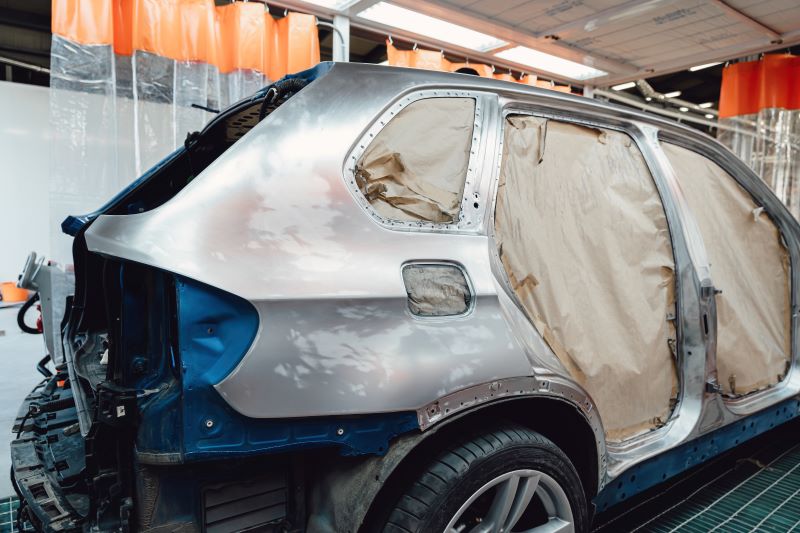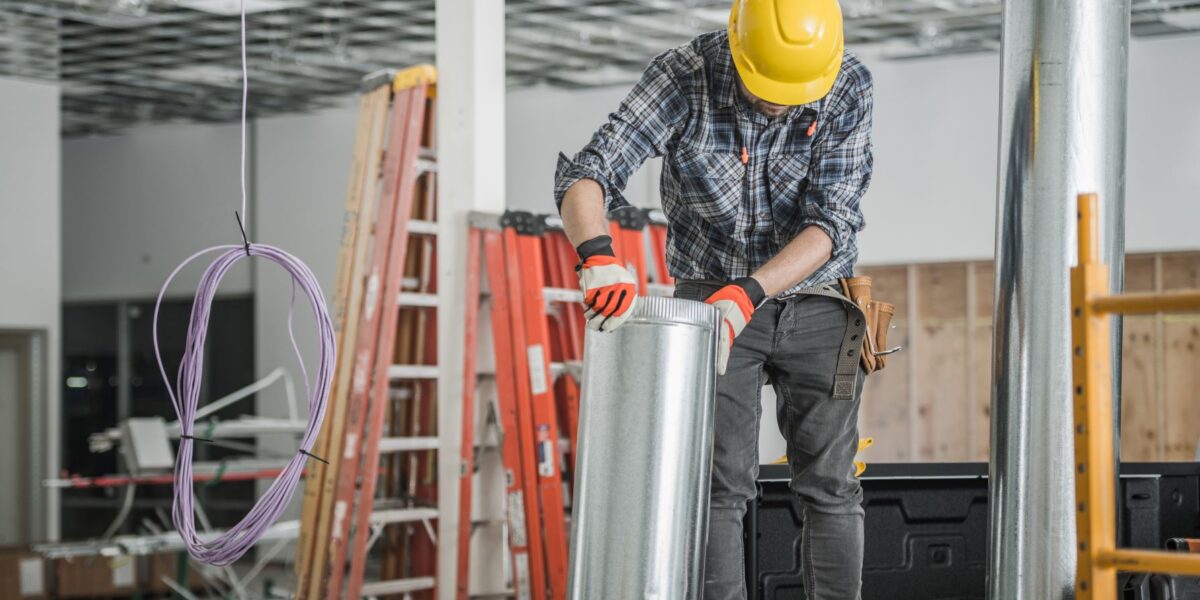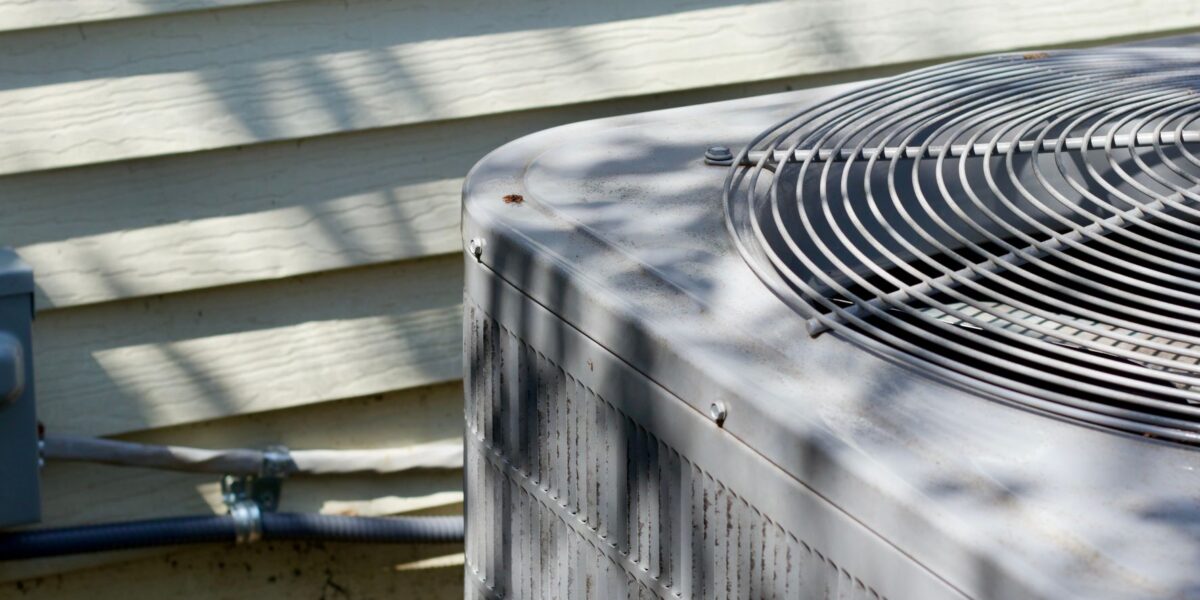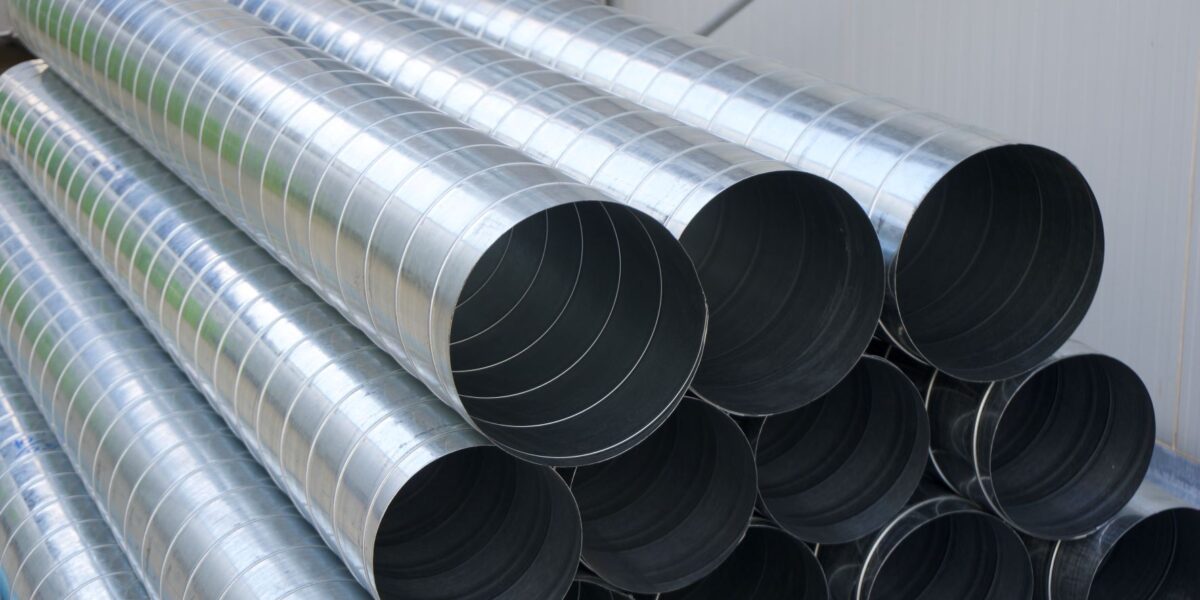Ensuring the optimal functioning of your vehicle’s HVAC system is essential for a comfortable and efficient driving experience. Auto body shops possess the expertise and resources to maintain and repair these intricate systems, safeguarding against potential malfunctions that could disrupt your comfort on the road. By understanding the nuances of HVAC system maintenance and the benefits it offers, vehicle owners can make informed decisions to preserve the longevity and performance of this critical component. Learn more about the key strategies and considerations that auto body shops employ to keep your HVAC system operating smoothly and reliably.
Key Takeaways
- Regular HVAC system inspections identify issues early on.
- Skilled technicians optimize system efficiency and functionality.
- Proper maintenance extends HVAC equipment lifespan.
- Addressing common repairs promptly ensures comfort and performance.
- Monitoring refrigerant levels prevents system inefficiencies and damage.
Importance of HVAC System Maintenance
Ensuring regular maintenance of HVAC systems in Auto Body Repair is crucial for optimal performance and longevity of the equipment. Seasonal maintenance plays a vital role in keeping the HVAC system running smoothly. By following efficiency tips such as changing air filters, inspecting ductwork for leaks, and cleaning coils, auto body shops can enhance the performance of their HVAC systems.
Scheduled inspections and tune-ups are essential to ensure that the HVAC system operates efficiently throughout the year. These maintenance routines not only improve the overall performance of the system but also help in preventing unexpected breakdowns that can disrupt business operations. Additionally, proper maintenance can extend the lifespan of the HVAC equipment, saving auto body shops from costly replacements.
Signs of HVAC System Issues
Regular monitoring of the HVAC system in auto body shops is essential to promptly identify signs of potential issues. By staying vigilant for warning signs, technicians can address problems before they escalate, ensuring the HVAC system operates efficiently. One common warning sign of HVAC system issues is weak airflow, which may indicate a clogged air filter or a problem with the blower motor. Unusual odors emanating from the vents, such as musty or foul smells, could signal mold or bacterial growth within the system. Additionally, if the HVAC system is producing strange noises like squealing or grinding, it may be a sign of a failing compressor or motor. Troubleshooting tips include checking for leaks in the refrigerant lines, inspecting the thermostat for accuracy, and ensuring that all electrical connections are secure. By recognizing these warning signs early on and addressing them promptly, auto body shops can prevent costly repairs and keep their customers’ vehicles running smoothly.
Benefits of Professional Inspections Auto Body Repair
Professional inspections of HVAC systems in auto body shops provide invaluable insight into the overall health and functionality of the equipment. These inspections are conducted by skilled technicians who possess the necessary expertise to identify potential issues before they escalate. One of the key benefits of these inspections is the optimization of system efficiency. By thoroughly examining the HVAC system, professionals can pinpoint areas that may be causing inefficiencies and recommend appropriate solutions to enhance overall performance.
Moreover, professional inspections ensure that any underlying problems are addressed promptly, preventing minor issues from developing into major malfunctions. The meticulous approach taken during these inspections guarantees that all components of the HVAC system are thoroughly evaluated, promoting optimal functionality and longevity.

In addition to enhancing system efficiency, the professional expertise utilized during these inspections instills confidence in vehicle owners regarding the reliability of their HVAC system. By entrusting their vehicles to trained professionals for regular inspections, individuals can rest assured that any potential issues will be detected early on and resolved efficiently, ultimately prolonging the lifespan of their HVAC system.
Common HVAC System Repairs
Experienced technicians in auto body shops often encounter common HVAC system repairs that require prompt attention to maintain optimal functionality and prevent further complications. When it comes to HVAC system diagnostics and troubleshooting, these professionals are well-equipped to identify and address a range of issues that may arise. Common HVAC system failures include problems with the blower motor, which can lead to poor airflow or a lack of heating or cooling. Another frequent issue is a malfunctioning thermostat, causing inaccurate temperature control. Leaks in the system, whether from hoses, seals, or the compressor, are also common culprits that require immediate repair to prevent refrigerant loss and system inefficiency. Dirty or clogged filters can restrict airflow and strain the system, leading to decreased performance. Electrical failures, such as issues with wiring or switches, can also disrupt the HVAC system’s operation. By addressing these common HVAC system failures promptly and effectively, auto body shops help ensure that vehicles maintain comfortable interior temperatures and optimal air quality for occupants.
Importance of Proper Refrigerant Levels
Maintaining proper refrigerant levels in HVAC systems is crucial for optimal performance and efficiency. Regular monitoring and maintenance ensure that the system operates at peak efficiency, reducing energy consumption and prolonging the unit’s lifespan. By prioritizing refrigerant levels, auto body shops can enhance the effectiveness of their HVAC systems and create a more comfortable work environment.
Refrigerant Level Monitoring
Why is monitoring refrigerant levels crucial in the maintenance of HVAC systems at auto body shops? Proper refrigerant level efficiency is essential for the optimal operation of an HVAC system. Monitoring techniques, such as pressure readings and visual inspections, help ensure that the system has the right amount of refrigerant to function efficiently. Without the correct refrigerant levels, the HVAC system may experience performance issues, such as decreased cooling capacity or compressor damage. By regularly monitoring refrigerant levels, auto body shops can diagnose potential problems early on, conduct performance testing, and prevent costly repairs. Maintaining the right refrigerant levels is a key aspect of HVAC system diagnostics and plays a vital role in keeping the vehicle’s HVAC system running smoothly.
Maintenance for Efficiency
Ensuring the proper refrigerant levels is a critical factor in maintaining the efficiency of HVAC systems at auto body shops. Proper refrigerant levels directly impact energy efficiency, ensuring that the system operates optimally and consumes the least amount of energy required. When refrigerant levels are inadequate, the HVAC system may have to work harder to achieve the desired temperature, leading to increased energy consumption and higher utility costs. Regularly monitoring and adjusting refrigerant levels can help prevent these issues and keep the system running efficiently. Additionally, as part of maintenance for efficiency, filter replacement is equally important. Clogged or dirty filters can restrict airflow, forcing the HVAC system to work harder, reducing energy efficiency, and potentially causing damage to the system over time.
Upgrading Your HVAC System
When considering upgrading your HVAC system for an auto body shop, it’s crucial to look for new features that enhance performance and efficiency. Improved air circulation is a key factor in maintaining a comfortable working environment and ensuring optimal conditions for paint and bodywork. Upgrading to a system that offers better control over temperature and humidity levels can significantly impact the overall quality of work produced in the shop.
New HVAC Features
Exploring the latest advancements in HVAC technology can offer significant benefits for upgrading your HVAC system in auto body shops. Incorporating smart thermostats and integration features can enhance control and efficiency. Smart thermostats enable remote monitoring and adjustment, allowing for optimal temperature regulation and energy savings. Integration capabilities further streamline operations by connecting the HVAC system with other shop technologies, enhancing overall workflow and productivity. Additionally, embracing eco-friendly cooling technology is crucial for sustainability and cost-effectiveness. By adopting systems that prioritize energy efficiency and environmentally conscious practices, auto body shops can reduce their carbon footprint while cutting down on operational expenses. Investing in these new HVAC features not only improves the working environment but also demonstrates a commitment to innovation and sustainability.
Improved Air Circulation
To enhance the efficiency and performance of HVAC systems in auto body shops, upgrading air circulation mechanisms is pivotal for maintaining optimal working conditions and maximizing energy utilization. Improved air circulation helps in enhancing air quality by ensuring proper ventilation and filtration of pollutants, dust, and odors. By upgrading air circulation systems, auto body shops can effectively control the temperature within the workspace, creating a comfortable environment for workers and customers. Additionally, enhanced air circulation aids in preventing the buildup of harmful substances, promoting a healthier workplace. Upgrading air circulation systems not only improves the overall HVAC system efficiency but also contributes to a more pleasant and productive atmosphere in auto body shops.
DIY HVAC Maintenance Tips
Proper maintenance of your HVAC system is crucial to ensure its efficient operation and longevity. Two key DIY maintenance tasks that can help keep your vehicle’s HVAC system running smoothly are filter replacement and duct cleaning. Regularly replacing the air filter is essential to maintain good air quality inside your vehicle and ensure proper airflow. Clogged or dirty filters can restrict air circulation, leading to decreased efficiency and potential damage to the system. It is advisable to follow the manufacturer’s recommendations for the type of filter to use and the frequency of replacement.
Additionally, duct cleaning is important to remove dust, debris, and other contaminants that can accumulate in the HVAC system over time. Cleaning the ducts helps maintain optimal airflow and prevents pollutants from circulating in the vehicle’s cabin. While some DIY enthusiasts may attempt duct cleaning themselves, it is recommended to consult a professional auto body shop for thorough and effective duct cleaning services to ensure the job is done correctly. Regular attention to these maintenance tasks can significantly extend the life of your vehicle’s HVAC system and keep it operating at peak performance.
Finding the Right Auto Body Shop
When seeking an auto body shop, it is essential to consider various factors to ensure quality service and customer satisfaction. Shop selection plays a crucial role in the maintenance and repair of your vehicle’s HVAC system. Look for a shop that specializes in HVAC systems or has technicians with expertise in this area. Checking online reviews and asking for referrals from friends and family can help you gauge the shop’s reputation and the quality of their work. Additionally, consider the shop’s location and operating hours to ensure convenience.
Repair costs are another crucial factor to consider when choosing an auto body shop. While it’s important to find a shop that offers competitive pricing, be wary of unusually low costs as they may indicate subpar service or the use of inferior parts. Request detailed quotes from several shops and compare the services offered to make an informed decision. A reputable shop will be transparent about their pricing and explain any additional charges before starting work on your vehicle. By carefully evaluating shop selection and repair costs, you can find the right auto body shop to keep your vehicle’s HVAC system running smoothly.
Conclusion
In conclusion, regular maintenance and professional inspections at auto body shops are essential for keeping your vehicle’s HVAC system running smoothly. By addressing any potential issues early on, you can prevent costly repairs and ensure optimal performance. Remember to schedule routine maintenance appointments, monitor refrigerant levels, and consider upgrading your HVAC system when necessary. With proper care and attention, you can enjoy a comfortable and reliable driving experience for years to come.







